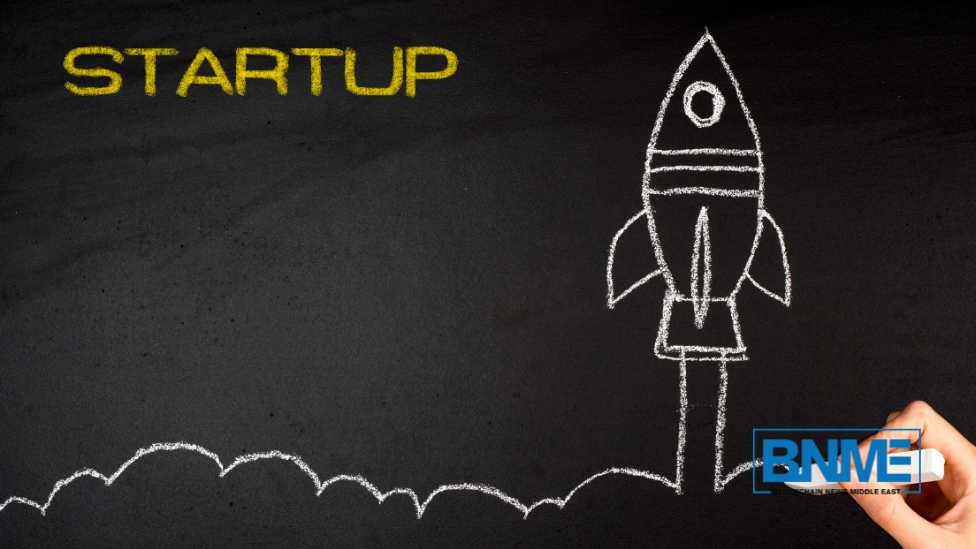Innovation is nothing new in the Middle East, and the introduction of blockchain technology is causing a big change in the startup scene there. Initially recognized for its function in virtual currencies, blockchain is transforming the Middle East’s commercial and entrepreneurial environment. Let’s examine how blockchain is causing a stir in the local startup scene.
How Blockchain Is Impacting The Middle East Startup Industry
1. Improving Financial Inclusion:
The decentralized architecture of blockchain is removing obstacles to traditional banking, creating opportunities for increased financial inclusion in the Middle East. Startups are using this technology to give previously underserved or marginalized people access to safe and secure financial services. For instance, Now Money is a ground-breaking firm in the United Arab Emirates that uses blockchain technology to provide low-income workers with smartphone access to financial services. By doing this, they support financial inclusion as well as the economic empowerment of a sizable portion of the populace.
2. Simplifying Cross-Border Transactions:
The Middle East’s varied economic environment frequently calls for complex cross-border transactions. By providing a transparent and effective means of tracking and verifying transactions, blockchain is modernizing these procedures and, in the end, saving costs and delays for startups involved in international trade. For instance, The Dubai government launched the Blockchain Strategy 2021 in keeping with the larger goal of creating a business-friendly environment with the goal of all government-related transactions being expected to be carried out on a blockchain platform, which will expedite several procedures and promote economic expansion.
3. Supply Chain Transparency and Trust:
Blockchain is becoming a key component for entrepreneurs looking to improve supply chain transparency in sectors like agriculture and healthcare, where customers want to see information about the provenance and path of items. An illustration of this tendency is the blockchain platform known as “FASAH” in Saudi Arabia. It is used to ensure the legitimacy of goods in the supply chain, cut down on delays, and increase transparency in the customs and trade processes.
4. Smart Contracts:
A major innovation in blockchain technology, smart contracts are revolutionizing operations for startups in the Middle East. By eliminating the need for middlemen and guaranteeing transaction trust, these self-executing contracts with coded terms automate and optimize a variety of business processes.
5. Promoting Crowdfunding with Blockchain:
Blockchain technology’s decentralized and secure characteristics are transforming the Middle Eastern startup funding scene. Blockchain-based crowdfunding platforms have made it possible for entrepreneurs to reach a worldwide pool of investors, democratizing the investment landscape.
6. Blockchain in Public Services:
Middle Eastern governments are realizing the potential of blockchain in public services, which will improve the regulatory climate for entrepreneurs. Blockchain is improving the security and efficiency of public services, from identity verification to document management.
CONCLUSION
With blockchain continuing to creep into the Middle East’s startup scene, business owners are about to enter a revolutionary period. The region’s entrepreneurial ecosystem is changing as a result of technology’s capacity to promote financial inclusion, expedite transactions, guarantee supply chain transparency, automate operations, democratize funding, and improve public services. As the Middle East positions itself at the forefront of blockchain-powered innovation and growth, the future appears bright for startups willing to embrace the unrealized promise of blockchain technology.




























